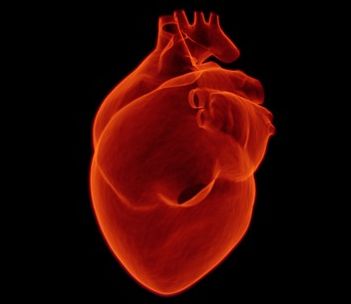Can COVID-19 Affect The Heart? Yes, Say Two Studies

One of the worst fears about COVID-19, that it can affect the heart even after patients have recovered, seems to be getting confirmed.
In the latest findings, two studies show that COVID-19:
- May have a long-term impact on the health of people who have recovered from the illness.
- Those who died because of it may have had a cardiac infection due to the infection.
The two separate studies in Germany were published in the journal JAMA Cardiology on Monday, reported The Hindustan Times (HT).
Findings from the study of patients who recovered:
- Among 100 people, 78% showed some kind of cardiac involvement in MRI scans and 60% had ongoing inflammation in the heart.
- The most common heart-related abnormality in COVID-19 patients was myocardial or abnormal inflammation of the heart muscle, which can weaken it.
- MRI data showed that infected people, who had no heart-related medical history, had some kind of heart involvement.
However, researchers said their study has limitations and that the findings are not validated for those younger than 18, the report added.
Findings from the study in which patients died of COVID-19:
- An analysis of their autopsies found the virus could be identified in the heart tissue.
- In 16 out of 39 cases aged 78 to 89, patients had Sars-Cov-2 in their heart tissue but did not show signs of unusual sudden inflammation in the heart or myocarditis. The researchers said that it was not clear what this meant, reported HT.
The reasons could vary from the small size of the for autopsy and the ripe age of the patients. It remains to be seen whether similar findings would emerge among a younger group of patients.
Dr. Clyde Yancy of Northwestern University Feinberg School of Medicine and Dr. Gregg Fonarow of the University of California, Los Angeles, co-authored an editorial that accompanied the two studies, reported HT.
“…we see the plot thickening and we are inclined to raise a new and very evident concern that cardiomyopathy and heart failure related to COVID-19 may potentially evolve as the natural history of this infection becomes clearer,” they wrote.

Comments are closed.